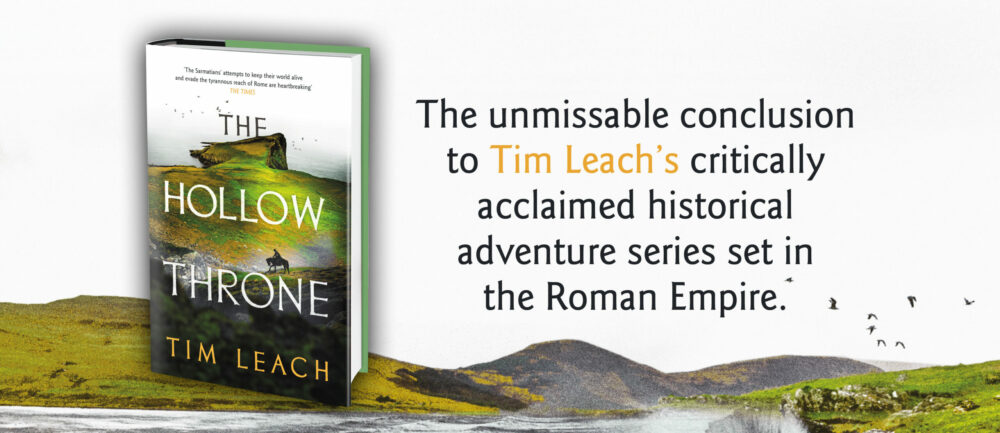At first the book has no substance. A single idea with no body to it, given existence only through your imagination. Simply holding it in your mind takes a great force of will. It is a fragile thing, and a single stray thought might be enough to dispatch it entirely.
The more you write, the more tangible it begins, yet even on completing the first draft, the second, the third, the fourth, it is still lacking. It begins to take shape, but it is not corporeal yet. It is like some kind of eldritch monster from the fiction of Mieville or Lovecraft, that exists only partly in this world. Its twitching tentacles are visible, but transparent, ineffable. It is struggling to claw its way through. It wants to become real.
The publishing contract brings it someway towards reality, as if it were some kind of lightning spouting steampunk contraption calling to the beast from its own dimension. The first round of the advance comes through, the cover art appears, and these too help give it substance. But it is not there yet. Its form is still in flux, and you still do not quite believe.
It is the final round of edits that truly does it. When the words themselves are on the verge of becoming fixed forever, that is when the book, at last, feels real. A terrifying feeling – if the beast is born misshapen, there is no longer anything to be done about it. But also a wonderful sense of completion, of having built something from nothing but thought and will.
Soon it will live, and go whatever way it will. It does not matter what happens then. All that matters is that it exists, that your mind is freed from the strain of holding it together. That you are free to dream another dream.
